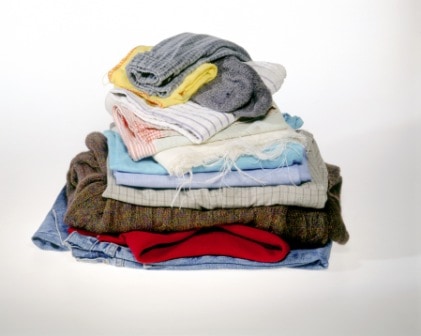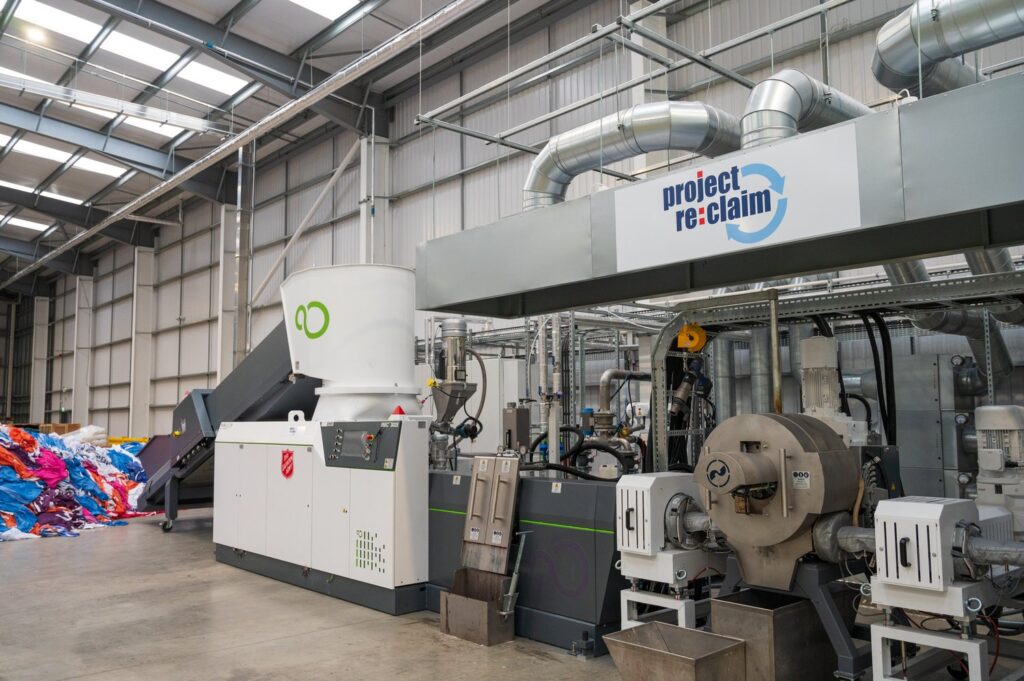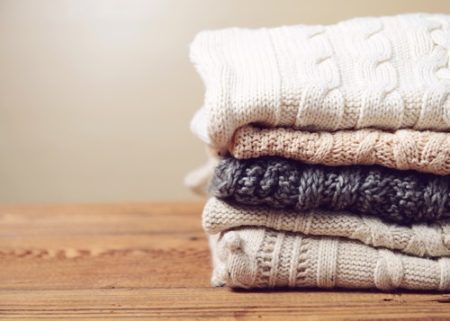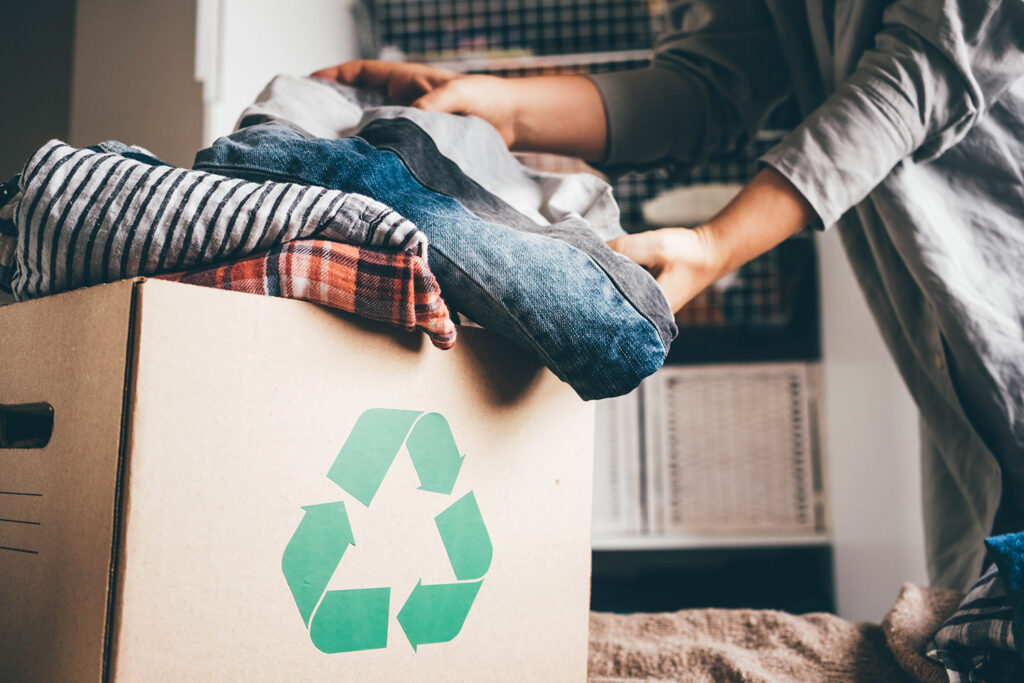The resources charity was criticised for its voluntary Sustainable Clothing Action Plan (SCAP) 2020 and Textiles 2030 strategies, which the CMF said “facilitated delaying tactics”.
However, WRAP said the voluntary initiatives are in place “in absence of legislation”, and have been proven to work.
Report
Published on 24 March, the report titled ‘license to greenwash’ looked at how certification schemes and voluntary initiatives facilitated what it called “greenwashing in fashion”.
It assessed ten schemes to determine their track record of performance, including the Ellen MacArthur Foundation, The Textile Exchange and WRAP’s SCAP and Textiles 2030.
It found that most had “failed to meaningfully uphold high levels of ambition” and were not transparent enough to hold signatories to account.
WRAP
WRAP’s SCAP 2020 set voluntary targets for a variety of producers to reduce carbon, water and waste. While carbon and water targets were achieved, waste reduction was not.
It then launched the Textiles 2030 campaign with similar targets with signatories including Asos and Sainsbury’s.
The report highlighted that under Textiles 2030, WRAP conducts “individual reports for signatory progress, but these are not public”.
It added that signatories will report annually to WRAP, “who will only publish the collective progress of signatories against the targets.”
While WRAP’s progress reports are “genuinely honest”, the group said, it did not communicate missed targets or detail how much improvement is down to the initiative or external factors.
The group also warned that the voluntary initiatives were facilitating “delaying tactics”, meaning a set of voluntary targets being set for the distant future, “while seeming to be taking action”.
Recycled polyester
The campaign group also highlighted WRAP’s suggestion that “there is an opportunity to grow the use of recycled polyester to help minimise carbon emissions”.
The CMF’s report challenged this claim and pointed out that this doesn’t consider that polyester fibres are derived from fossil fuels or microfibre release, “cementing the industry’s reliance on fossil fuels”.
The report concluded that “as long as progress remains voluntary, sustainability in the textiles sector will remain optional.
It called for strengthened legislation and strong regulation on green claims.
We use business voluntary agreements in the absence of legislation– WRAP
Response
In response to the report, a spokesperson for WRAP told letsrecycle.com: “We agree that legislation is important for creating change, but it takes a long time to put new rules and regulations in place – time we don’t have.
“We use business voluntary agreements in the absence of legislation so that systems change can be delivered as quickly as possible. Our experience with food and plastics, as well as textiles, shows that they work and that businesses can be brought on board to make important steps early on.”
The resources charity argued that the progress of individual businesses, which joined Textiles 2030, is tracked through annually submitted data as well as actions taken against each stage of the product lifecycle.
“We have a Roadmap with interim milestones to drive forward this work and hit key stages before 2030.”
WRAP said that it reviews progress regularly and reserves the right to remove the signatories that do not demonstrate adequate action towards these targets, adding that the progress is openly shared.
“We share Changing Markets Foundation’s urgency to accelerate and scale up sustainability solutions.”












Subscribe for free